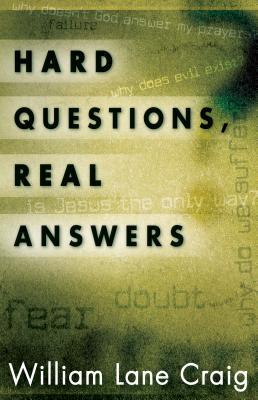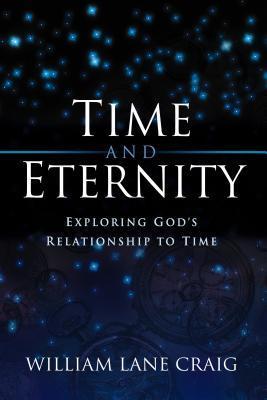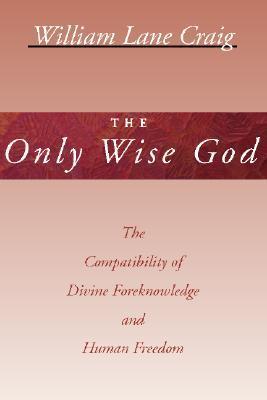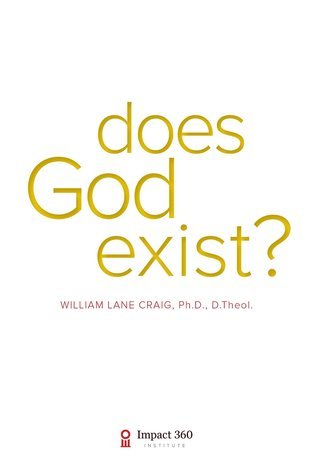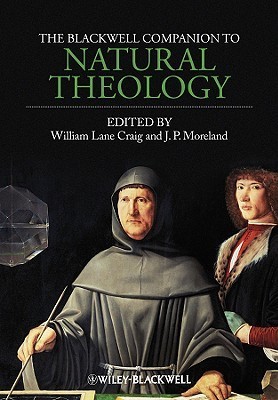
The Blackwell Companion to Natural Theology
Book Description
What if the secrets of existence lay hidden beneath layers of belief and inquiry? "The Blackwell Companion to Natural Theology" invites readers on a thrilling intellectual expedition, where the mysteries of the universe collide with profound philosophical questions. This groundbreaking compilation brings together luminaries of thought, dissecting arguments for God’s existence and illuminating the intricate dance of faith and reason. Each chapter unveils compelling insights that challenge perceptions and ignite the imagination. As doubt and conviction clash in the arena of natural theology, what conclusions will emerge when the dust settles? Will the truth be revealed or forever remain elusive?
Quick Book Summary
"The Blackwell Companion to Natural Theology," edited by William Lane Craig and J.P. Moreland, is a comprehensive exploration of natural theology, the branch of philosophy and theology that attempts to demonstrate God's existence using reason and evidence from the natural world. This volume gathers renowned scholars to critically examine classical and contemporary arguments for theism. The book systematically analyzes foundational arguments such as the cosmological, teleological, moral, ontological, and religious experience arguments, each rigorously reconstructed and defended in detail. Rather than relying on faith alone, the contributors utilize logic, science, and philosophy to explore whether belief in God can be rationally justified. The result is an intellectual journey that invites readers to consider the limits of reason, the interplay between faith and evidence, and the enduring questions at the heart of philosophical theology.
Summary of Key Ideas
Table of Contents
The Rational Case for Theism
Natural theology seeks to establish the existence and nature of God by means of reason, independent of revealed scripture. The book begins by situating natural theology within the broader landscape of philosophy and religious studies. Readers are introduced to the methods and historical context of natural theology, highlighting its resurgence in analytic philosophy. The opening chapters provide a framework for understanding why arguments for God’s existence remain relevant, and how they serve as intellectual bridges between faith and secular inquiry.
Philosophical Arguments and Their Limits
A substantial portion of the book is dedicated to rigorous analysis of key theistic arguments. Each chapter takes a cornerstone argument—such as the cosmological, teleological, moral, and ontological arguments—and reconstructs it using precise philosophical logic. Contributors address both classic formulations and contemporary refinements, ensuring that the discussions are both accessible and intellectually robust. For instance, the kalām cosmological argument is carefully laid out, with special attention paid to modern scientific insights about the universe's origins.
Science and the Divine
The interplay between science and natural theology is closely examined, particularly through detailed discussion of the fine-tuning of the universe and the argument from design. Contributors engage with the latest findings in physics, cosmology, and biology, assessing whether these discoveries lend support to or challenge theistic claims. The analysis frequently draws on probability theory, inference to the best explanation, and critique of materialist explanations. This section emphasizes the challenge of navigating complex scientific evidence while making metaphysical inferences.
Faith and Reason in Dialogue
Beyond formal arguments, the authors delve into the relationship between faith and reason, illustrating the boundaries of what rational inquiry can accomplish. They explore how personal experience, consciousness, and moral intuition factor into the rationality of theistic belief. The contributors balance intellectual rigor with humility, acknowledging ongoing debates and unresolved questions. They also critique common objections to theistic arguments, such as the problem of evil and the limits of human knowledge, weighing the plausibility of atheistic alternatives.
Evaluating Evidence and Counterarguments
In conclusion, "The Blackwell Companion to Natural Theology" stands as a significant scholarly resource. It offers a balanced presentation of arguments for God's existence, careful engagement with critics, and a nuanced appreciation for both philosophical reasoning and religious conviction. The book challenges readers to critically evaluate their own assumptions about faith, reason, and evidence, leaving open the profound question of whether natural theology can ultimately unlock the deepest mysteries of reality.
Download This Summary
Get a free PDF of this summary instantly — no email required.

